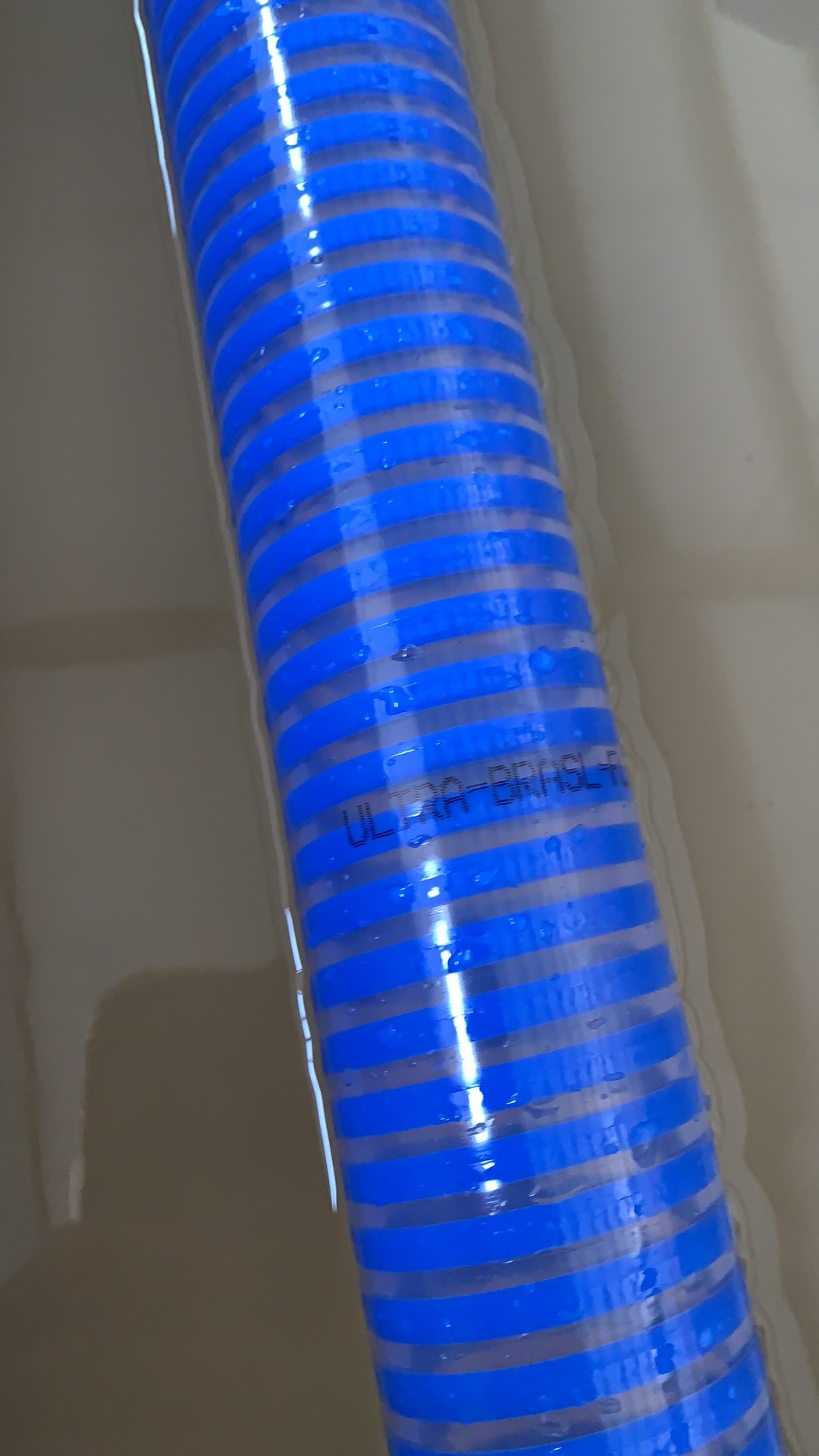High-Strength PVC Tetoron Reinforced Hose for Durable and Reliable Fluid Transfer Applications
The Versatility and Applications of PVC Tetoron Reinforced Hoses
In the realm of industrial applications, the demand for durable, flexible, and efficient hoses has driven significant advancements in materials science. One such innovation is the PVC tetoron reinforced hose, a product that combines the benefits of polyvinyl chloride (PVC) with the strength of tetoron, a type of polyester. This combination results in a versatile and robust hose that is suitable for various demanding environments.
Composition and Features
PVC is a widely used thermoplastic known for its versatility, chemical resistance, and cost-effectiveness. When reinforced with tetoron fibers, the hoses achieve enhanced strength, durability, and resilience. The reinforcement provides structural integrity, allowing the hose to withstand high pressures and suction applications without compromising its form.
The PVC tetoron reinforced hose is typically characterized by its excellent flexibility, which facilitates easy maneuverability in tight spaces. Additionally, the smooth inner lining ensures low friction, allowing easy flow of fluids and reducing the risk of clogs. These features make it an attractive option for many industries, including agriculture, construction, and manufacturing.
Applications
1. Agriculture In the agricultural sector, PVC tetoron reinforced hoses are often used for irrigation systems, transporting water or fertilizers from one point to another. Their resistance to UV radiation and various chemicals makes them suitable for outdoor use, where exposure to the elements is a concern.
2. Construction Construction sites require hoses that can withstand rough handling and harsh conditions. PVC tetoron reinforced hoses can transport a variety of materials, including concrete slurry and other construction fluids, due to their high tensile strength and flexibility. They can easily maneuver around obstacles, reducing the risk of damage.
hose pvc tetoron reinforced

3. Manufacturing In manufacturing settings, these hoses are utilized for both air and liquid transfer applications. Their ability to handle a range of temperatures and chemical compositions makes them ideal for a variety of processes, including food and beverage manufacturing, where hygiene and safety are paramount.
4. Automotive The automotive industry also employs PVC tetoron reinforced hoses for various applications, including coolant and fuel transfer. The hoses’ ability to withstand high pressure and temperature fluctuations is essential in ensuring vehicle performance and reliability.
Advantages
The combination of PVC and tetoron not only enhances performance but also offers several advantages over traditional rubber hoses. For instance, PVC tetoron reinforced hoses are lighter than their rubber counterparts, facilitating easier handling and installation. They are also more resistant to abrasion and weathering, which contributes to a longer lifespan and reduced maintenance costs.
Moreover, these hoses can be manufactured in various diameters and lengths, catering to the specific needs of different industries. Customization options allow businesses to choose hoses that best fit their operational requirements.
Conclusion
In conclusion, the PVC tetoron reinforced hose stands out as a remarkable solution for various industries that require reliable and durable fluid transfer options. Its unique blend of materials offers superior strength, flexibility, and resistance to environmental elements. As industries continue to evolve and demand more efficient solutions, the use of PVC tetoron reinforced hoses will undoubtedly play a crucial role in meeting those needs while ensuring safety and performance. Whether in agriculture, construction, manufacturing, or automotive applications, these hoses represent an essential part of modern industrial practices.
-
Welded Wire Mesh Panel: Durable, Versatile, and AffordableNewsJul.28,2025
-
Top Quality Oxy Acetylene Hoses for Sale Fit for Welding DemandsNewsJul.28,2025
-
The Future of Pneumatic Air Tubes in IndustryNewsJul.28,2025
-
Superior and Reliable LPG Hose Pipe Solutions for Every NeedNewsJul.28,2025
-
Exceptionally Durable and Versatile Premium Braided PVC TubingNewsJul.28,2025
-
Best Adapters for Connecting Garden Hose to PVC Pipe ConnectionsNewsJul.28,2025














